Generally a smaller to mid size tree, often sprawling and irregular in its youth and rarely achieving a full height or straight form. This pine is rather dark in color, both in leaf color and bark. The needles are in pairs and tend to be shorter than many Pinus relatives. The small pine nuts are favored by many birds. It often looks better in groves and used in evergreen hedgerows than growing singly. It is one of the best pines for making unpruned hedges or visual screens. It does not take to pruning as well as some other pines. Also, unlike many pines, it is highly adaptable to many soil conditions, wet or dry. Description from Native Plant Guide
Home > Plant Guide >
Scientific Name
Family
Garden Type
Wildlife
Native Plant Region
Light needs
Water Needs
Plant Type
Bloom Color(s)
Height
Width
Months in Bloom
Safe Beneath Power Lines?
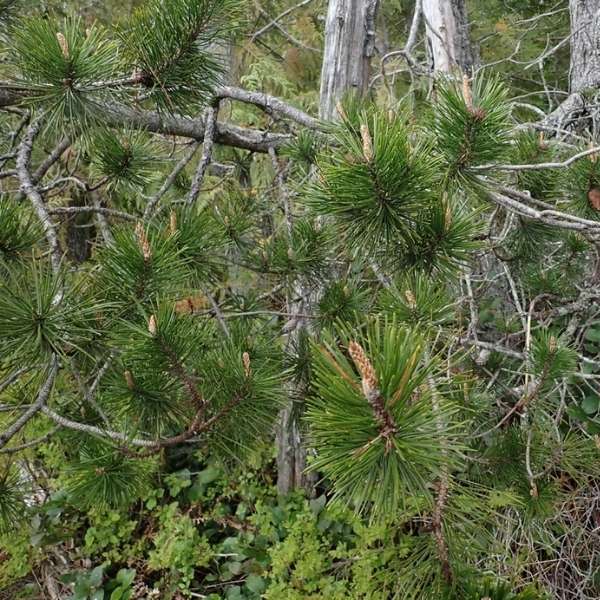
We’d like to maintain accurate and robust plant listings. If you see information that is not correct or that could be added to improve the listing, please let us know. Or if you’d like to suggest a plant to add to our plant guide, you can use this form do so. Thank you!
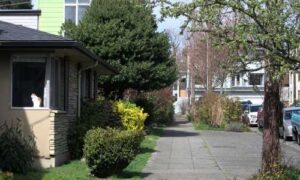
Do you wonder how a cat can be happy indoors? This presentation will give you a better understanding of cat behavior and the confidence that an indoor cat can be a happy cat.
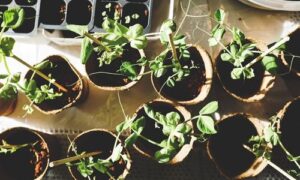
Gardeners can check out seeds for free from the library to plant. Then after harvest, gardeners bring seeds back to the library for others to enjoy in future growing seasons.
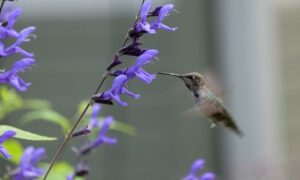
Protecting the trees and other vegetation that what we currently have is perhaps the most important way to ensure biodiversity in cities.

Learn about diversifying the way architecture is taught and practiced from designers of color.
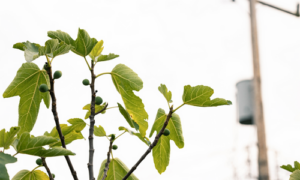
Learn about the diversity in pigeon populations in the United States and the implications of this variability on the species.
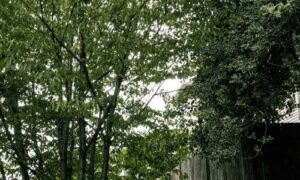
The plants, animals, fungi, microbes, and other natural features that make up “urban habitat” are important to the character, function, and livability of cities.
Nature of Your Neighborhood is a collaboration between Birds Connect Seattle, the Capitol Hill EcoDistrict, and the Seattle Bird Conservation Partnership. Our goal is to foster relationships between the people and the nature of their neighborhoods.